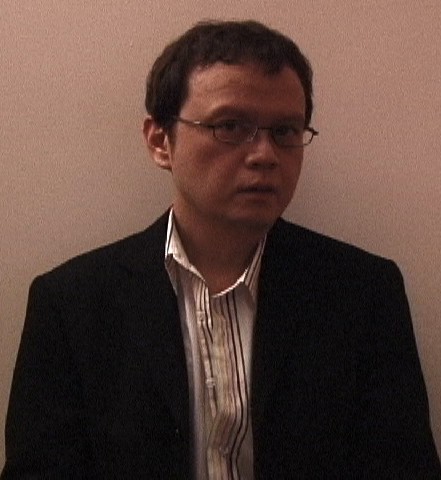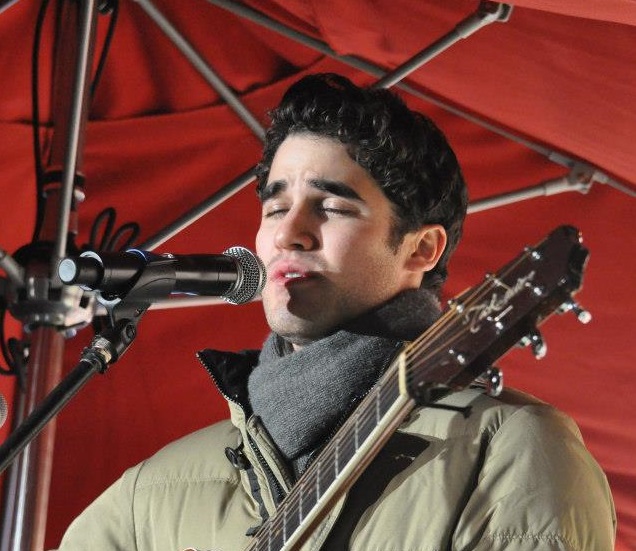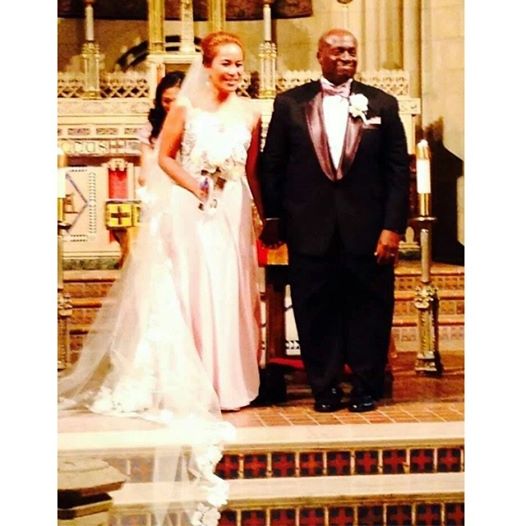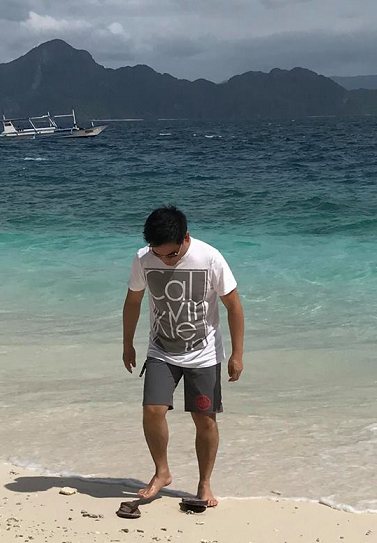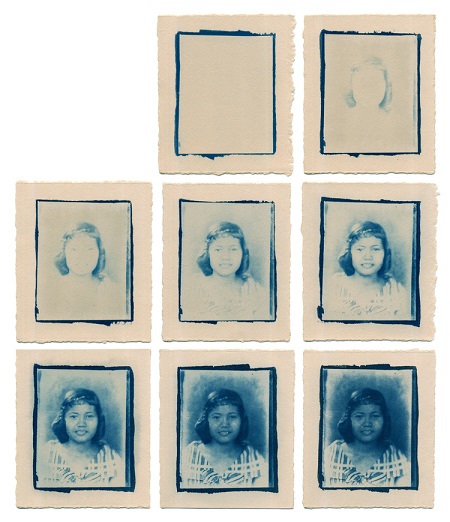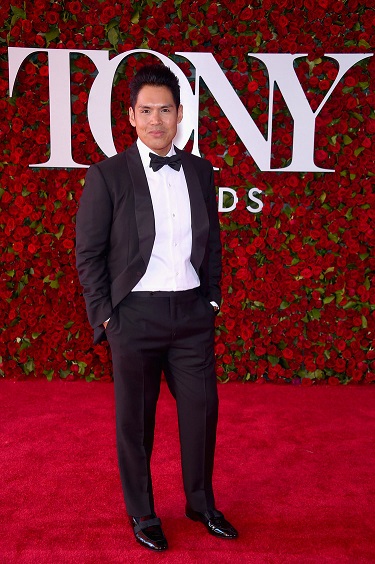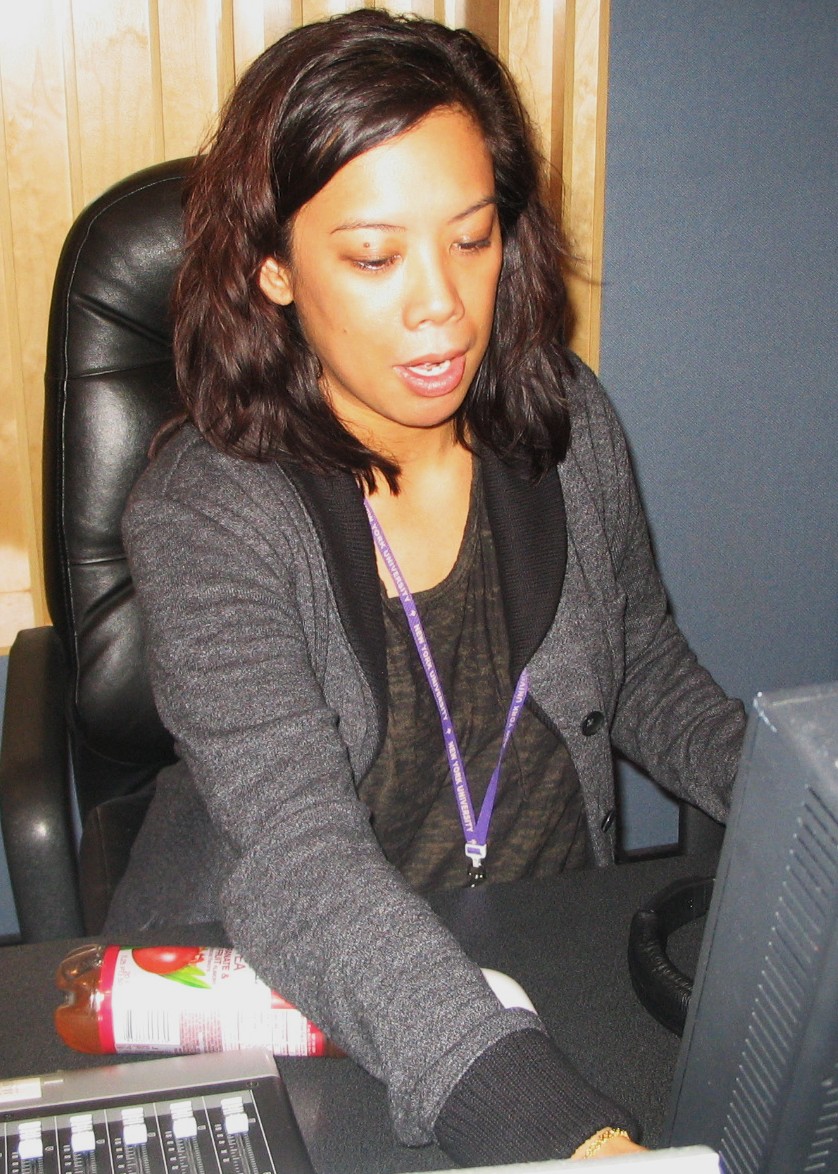‘Anyone with a mike, a computer and an idea can podcast’
By Cristina DC Pastor; TF photo
New York Times freelance podcast producer Jocelyn Gonzales touts the charm of podcasting and why potentially 60 million listeners is a market too huge to ignore.
TF: Do you see a lot of Filipino podcasts?
JG: I’d look sometimes. My parents refused to let us speak Tagalog so I looked for Filipino podcasts. I was looking for some history or language podcasts. I could learn something about what I was left out of. I visited the Philippines since my childhood and into my teens. My cousins wanted to talk English to me and wanted to take me to the mall, so I didn’t learn language. There was no immersion for me, and they wanted to eat hotdogs and hamburgers. We have this weird growing-up time where we were kinda removed from being Filipino. Our neighborhood in Queens had these Hispanic kids, black kids, this melting pot, and we never really had a Filipino community to be around.
TF: Who listens to podcasts?
JG: Really depends on the focus. For example I did podcasting for the Bowery Poetry Club. The podcast was partially artistic, but really it was promotion to entice people to come down to the nightclub and join the fun. Every performance is taped either video or audio and we had the proprietor and the manager sit down and say you should come on down, and interspersed them with all the banter. The feeling we were trying to get was like sitting backstage with the proprietor making commentary and looking at all these amazing performances.
That’s probably the same with the Times podcasts. We want people to buy the paper but we don’t want to duplicate the paper. Every podcast that we do does allude to every section of the paper, and we usually have the writer of the article or reviewer come on and tell us not exactly what they have already written, but augment it. Instead of saying this is what Lebron James said, the podcast says this is what it was like to hang out with Lebron James.
TF: Some say podcasts are more similar to print than they are with radio, although it’s hard to imagine it that way.
JG: You don’t compare them too much. You allow the listener to be open to it in a way that would be different than if I was just listening to a podcast version of a radio. A lot of podcasts are just rebroadcasts of radio.
TF: One upside to podcasts is that unlike radio, there are no commercials. Is that always the case?
JG: Anyone with a mike and a computer and an idea can do it. It’s democratized the process of broadcasting. My brother can do a podcast from his couch about the dog farting all day and then I do a really high-end one for the Times, and they’re equal in the marketplace. Maybe some people think his dog farting is really funny and he gets a million downloads.
TF: No different from blogging.
JG: Yeah, it’s like attracting a niche audience who’ll be very loyal. What’s cool about it is that all things being equal, everyone has a chance to be advertised. You can track how many people are downloading your blog, you can take that to an advertiser, maybe it’s your local flower shop or the grocery chain in your town and say, if you give me a little bit of money the quality of my show will go up, I’ll get more listeners, and they’ll hear your name and they’ll be sent to your establishment.
TF: Who gets a bigger audience, the blogger or the podcaster?
JG: A lot of podcasters have a blog, and a lot of bloggers have a podcast. Podcasters can reach radio, a community of people on the move because these podcasts can be downloaded into iPods, your phone, your laptop. That content you can take with you, you don’t have to be connected to a computer to enjoy it. Reading a blog, you have to be online.
TF: I read somewhere that the podcasting audience is anywhere from 6 million to 60 million. Is that accurate?
JG: Could be. I feel like 6 million is too low. If you say 60 million, that’s a crapload of people. No one wants to miss out on that potential audience.
TF: Where do you find podcasters? Is there a directory?
JG: There’s a couple of places that will collect them for you, but definitely hard to keep up with so many out there. iTunes is the main place. There’s Podcast Alley, podcasting.org, or podcasting.com. There’s a lot more we can’t track.
TF: Can you watch a movie on podcast?
JG: Most podcasts for movies would only include clips, they won’t put the whole movie. Has to do with digital rights management. There’s no hard and fast rule because they haven’t figured out how to deal with podcasting. There’s a lot of lawyers trying to figure out where’s the line. A lot of podcasting is a gray area.
TF: Is podcast good for news?
JG: What podcasting can give you is commentary and point of view from unexpected places. If you’re looking for alternative voices, you can find those in podcasting
TF: Can you make money out of podcasting?
JG: There’s on public radio the Sound of Young America produced by Jesse Thorn. Jesse just got this idea that he wanted to interview people in his basement. It became so popular because these are all off the cuff, they weren’t scripted, and they just talk like the rest of us. It became so popular, they’re giving people a run for their money, and they made a jump to public radio. Now he has staff, he has sponsorship, and probably getting money for the first time for something he loves to do.
That’s why a lot of people go to podcasts. When you get tired of something that’s really polished and really scripted, with podcast you get something a little bit more relaxed, more freewheeling, or not the same point of view we get every night.
East Village resident Jocelyn Gonzales produces the music and the book review podcasts for The New York Times. She wears two other hats. She is an associate teacher at the NYU undergrad film department, and the senior producer and technical director at Feetin2Worlds.org. A week after our interview, she was scheduled to fly to Abu Dhabi for tutorials on New Media with children of a royal family.


